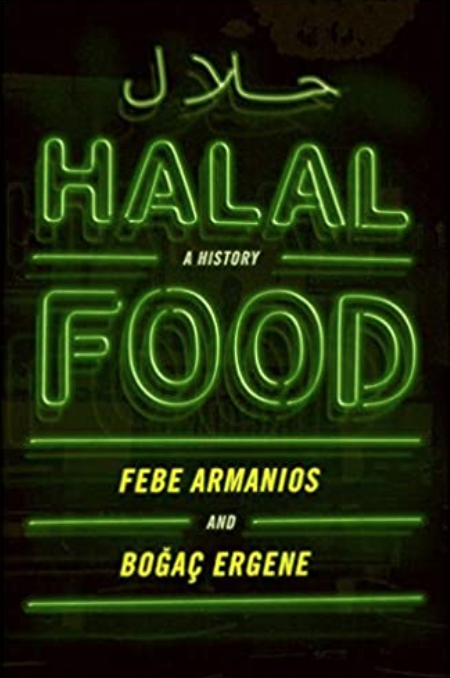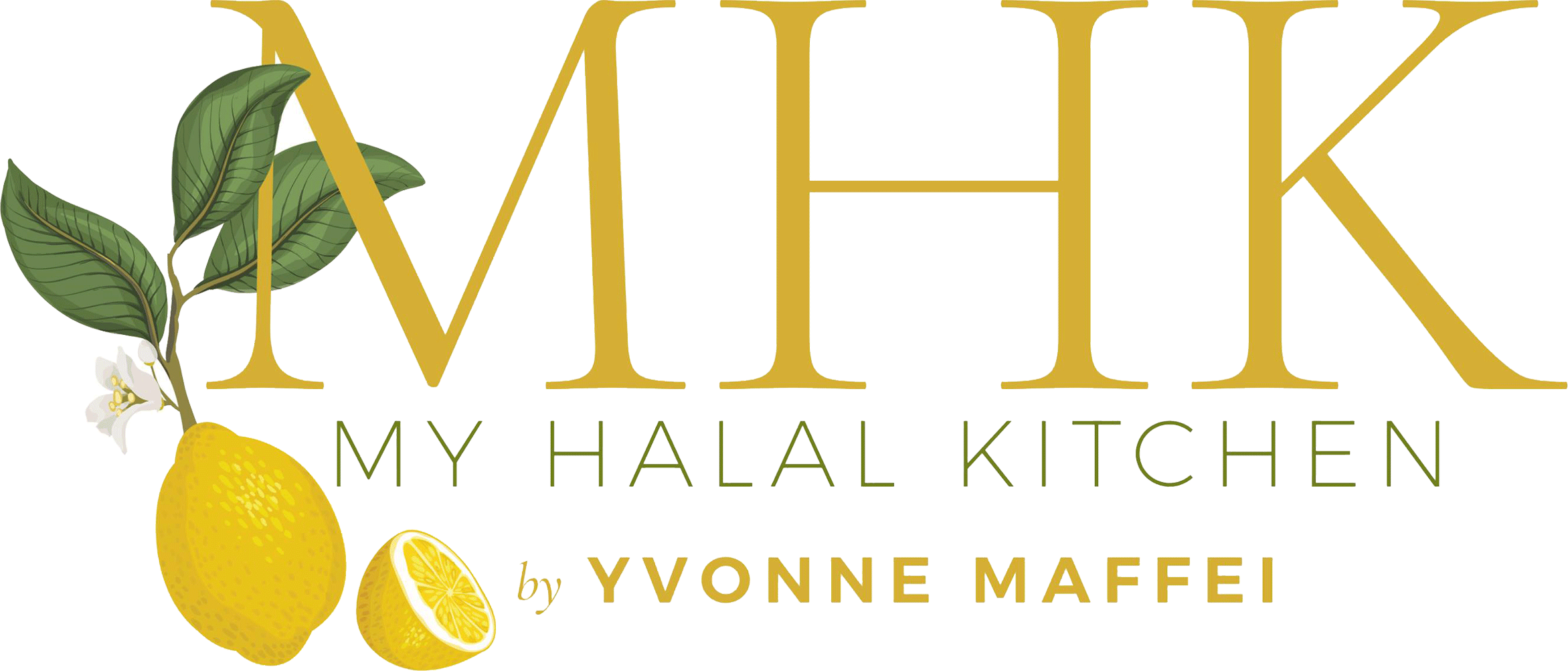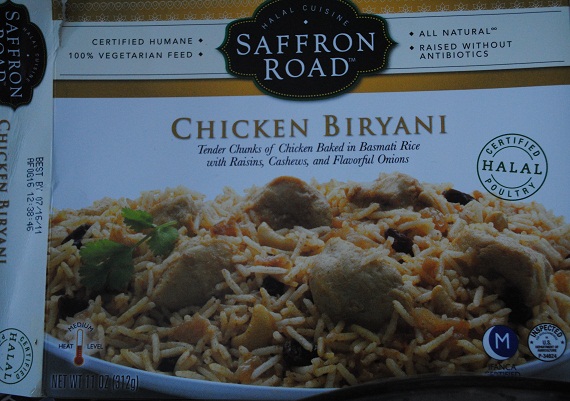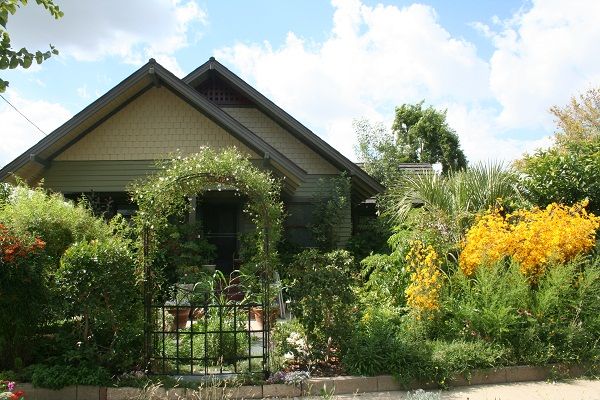An Interview with the Authors of the Book “Halal Food: A History”

It is with great pleasure that I was able to bring to all of you an enlightening discussion with the authors of the book, Halal Food: A History, the first and only book (that I know of at least), which covers the complete history of Halal food up to our current times.
You can order the paperback book here. Kindle version here. Audiobook version here. Hardcover here. Audio CD here.
The book is a fascinating read that spans the historic inception of halal as a dietary custom all the way up to today’s halal business industry of food certifiers, global standards, bloggers and chefs. They cover the topic of halal and tayyib and ethical halal (my favorite topics) as points of reference to which the basis of halal has historically stood, including in it examples of consumer goods that aim to reflect such values. I won’t say more here, because now you can watch the livestream that was recorded on Friday at 8AM PST/11AM EST/7PM ISTANBUL time. Hop on over to the My Halal Kitchen Facebook page to see the live stream or watch it here.
Author Bios
Febe Armanios is a Professor of History at Middlebury College in Vermont, where she is also co-Director of the Axinn Center for the Humanities. Her research focuses on comparative religious practices between Christians and Muslims, and among Christian communities in Egypt as well as throughout the Middle East and Balkans. She is a former Fulbright scholar who has authored or co-authored two books, including Coptic Christianity in Ottoman Egypt (Oxford UP, 2011), as well as several articles, chapters, and blog entries. In her writings, she looks at everything from the veneration of saints and pilgrimages, to diverse food and fasting traditions, comparative gender roles, and (recently) at the history of Christian television in the modern Middle East.
Boğaç Ergene (Bo-Atch Air-gen-a) is Professor of History at the University of Vermont. He’s the author and co-author of three books, including Local Court, Provincial Society and Justice in the Ottoman Empire (Brill, 2003) and The Economics of Ottoman Justice (Cambridge University Press, 2016). He also edited or co-edited two books, including Judicial Practice: Institutions and Agents in the Islamic World (Brill, 2009). He’s published multiple articles in major history, law, and economic history journals. His research over the past two decades has focused on Islamic law and legal practice in the Ottoman Empire, a topic which he has explored both qualitatively and quantitatively. He is currently working on a book project that explores perceptions of corruption in the Ottoman context.









Responses